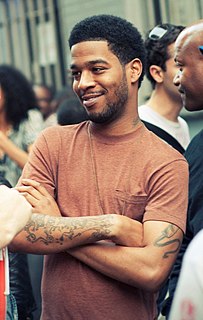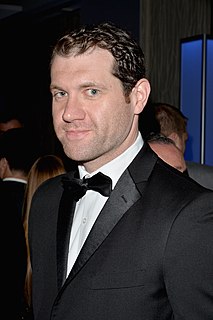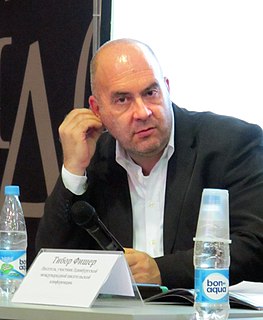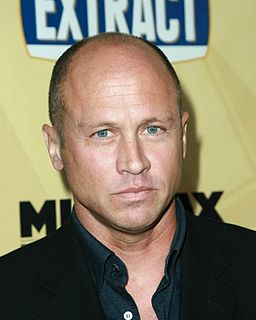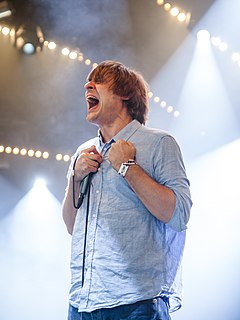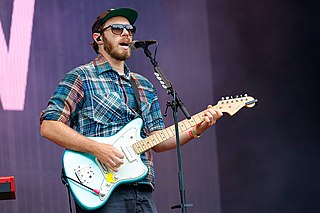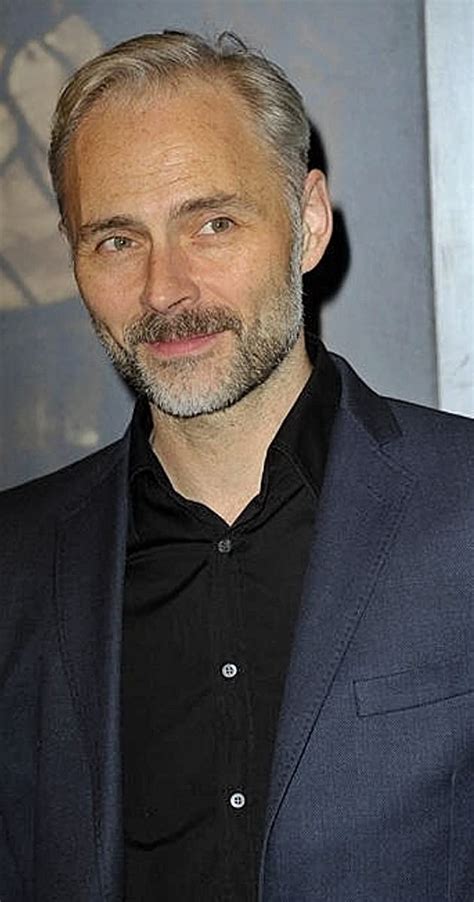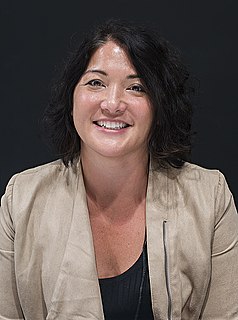A Quote by Carrie Brownstein
I've noticed that as someone who has done music and creative things in Washington state and Portland, to kind of toot your own horn, or admit, "I'm going for it. I'm hustling," is not exactly the norm. Which is weird, because you go to New York, or LA, or anywhere else, you've got to be gunning for it - and you should be - you're part of a fast-moving stream of other people who are really ambitious. People move here to work less. So, to say that you're hustling all the time, and going for it, is kind of a little bit against the grain here.
Quote Topics
Admit
Against
Ambitious
Anywhere
Anywhere Else
Because
Bit
Creative
Done
Else
Exactly
Fast
Go
Going
Going For It
Got
Grain
Horn
Hustling
Kind
La
Less
Little
Little Bit
Move
Moving
Music
New
New York
Norm
Noticed
Other
Own
Part
People
Portland
Really
Say
Should
Someone
State
Stream
Things
Time
Washington
Washington State
Weird
Which
Work
York
Your
Related Quotes
It's not the norm when creators have any protections with regards to creative control. And so it took some time, I think, for the strip to gain enough popularity where I had enough leverage to come in and say, "It has to be done in a certain way or it's not going to be done at all," and then have people willing to put up with that who were ultimately paying for it. You know, for them to be willing to kind of concede those kind of things. It just takes time, you know?
Sometimes I go to a test screening and look at the audience in line, and I start to go, "Okay, I bet this is going to work, and this isn't going to work." It's weird, but just going and facing the music and putting it out before a crowd, even before it starts playing, that exercise of putting it up on a screen for people makes you realize things even before it starts rolling. It's really weird. I've heard other people say that, too.
There is a terrible thing that's been happening probably for the last 20 years or so and it's called the music business. And music isn't really business; it's work and you got to pay and you've got to buy your guitar or go into the studio. So there is a business side but when people say, "I'm going into the music business," it's not. It's about expression. It's about creativity. You don't join music, in my mind, to make money. You join it because it's in you; it's in your blood stream.
In all the music I've done, what I'm really interested in above all else, and I'm not sure it's what one should be interested in, is the kind of - you know, people talk about work progressions, which doesn't really make sense with pop music because there is no progression, because there is no tonic, because there is no more tonality.
I'm not an L.A. guy. I don't take meetings - you know what I mean? I don't really know how to interact very well with people in L.A. because everybody's got an agenda and everybody's like, "What do you do?" "Where are you going?" Or it's like, "What do you know?" And I'm not on a grind - I was there to make music and to meet people but I wasn't hustling for anything.

